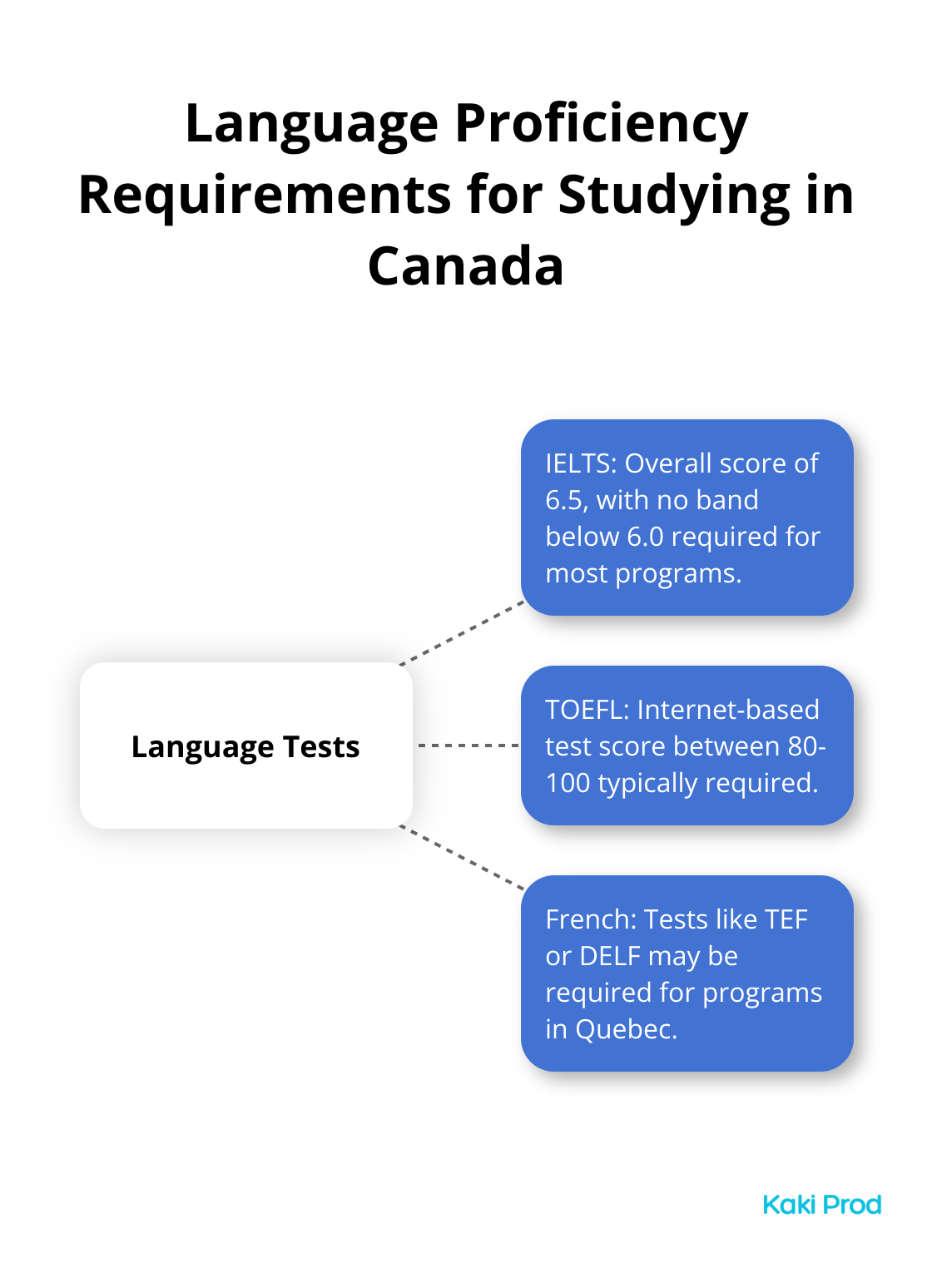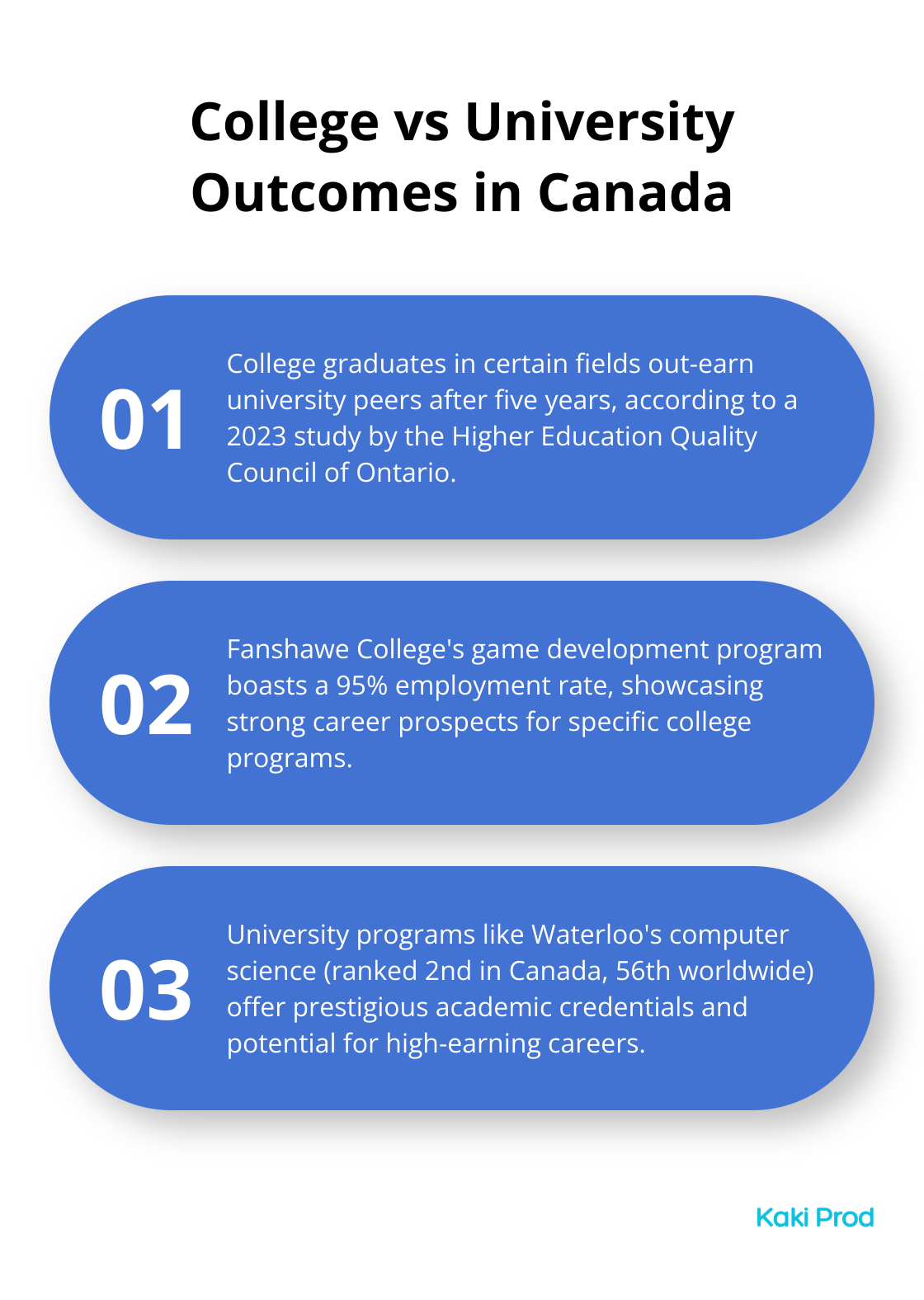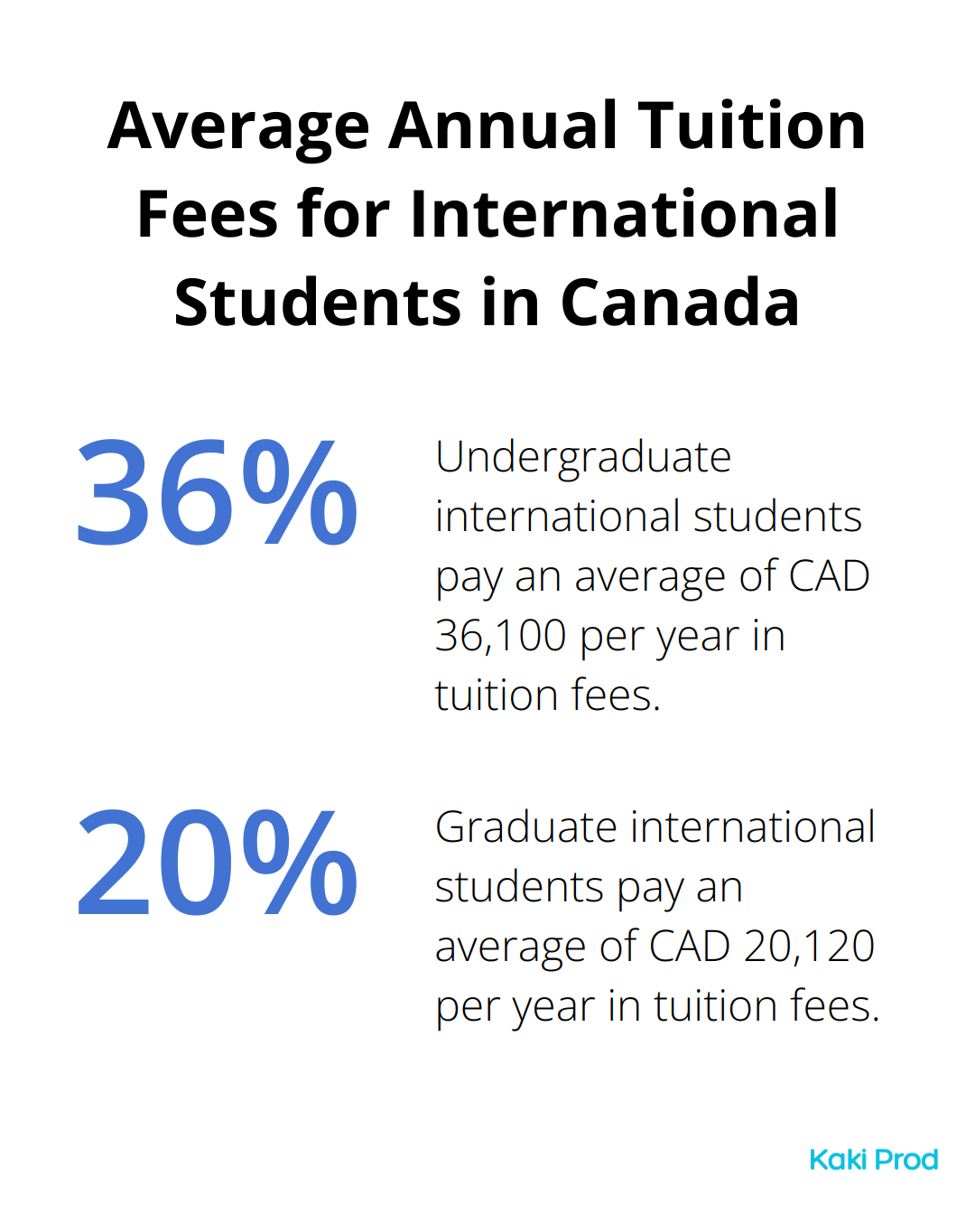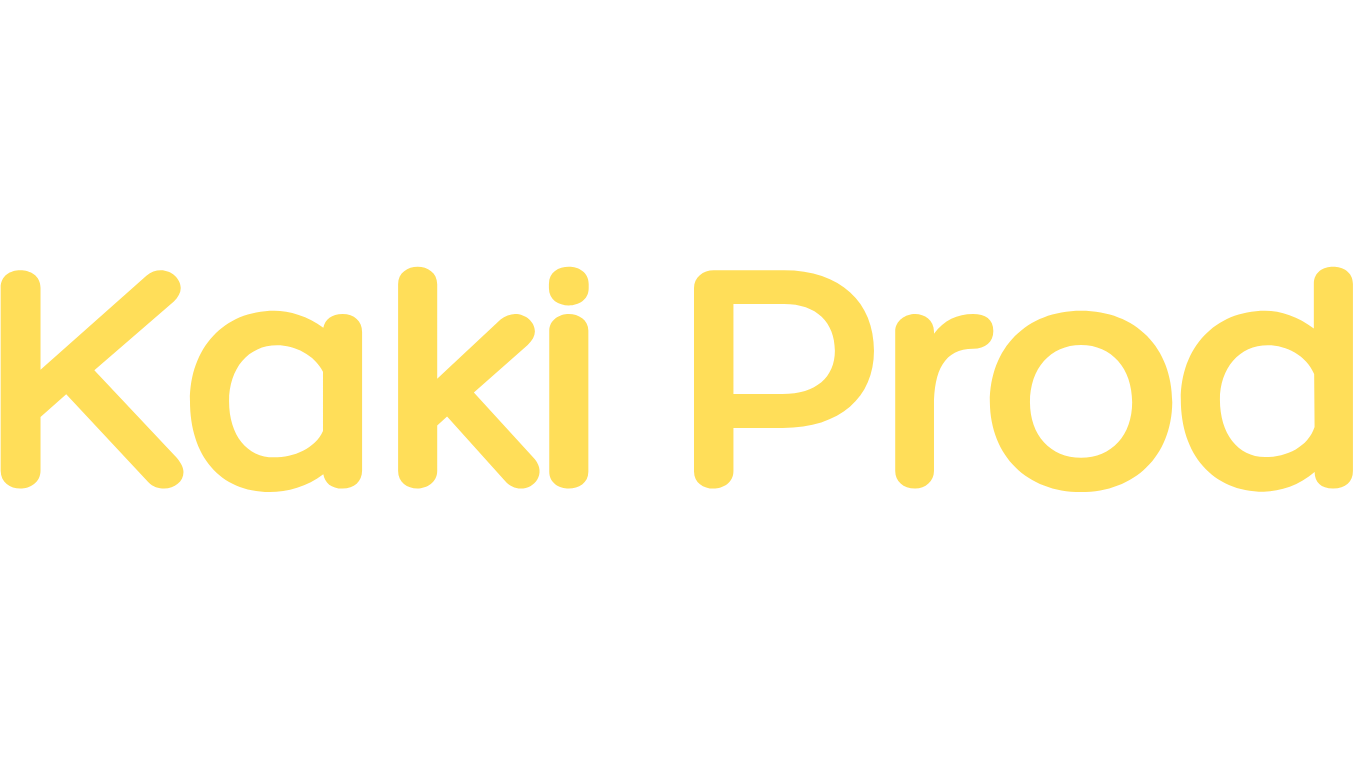Canada’s got this killer education system — it’s pulling in international students by the thousands every year. And then there’s Kaki Prod, stepping in like a seasoned guide, helping these eager minds crack the code of studying up north.
So, grab this guide, which is like your playbook, for real — it’ll take you through the whole deal, from ticking off requirements to zeroing in on the perfect school and figuring out how to foot the bill. Buckle up, folks, you’re about to dive into an epic academic adventure in the Great White North.
What Are the Requirements to Study in Canada?
Canada’s education? It’s like a magnet for international students flying in from everywhere. Here’s your ultimate guide to transforming that maple leaf dream into reality.
Academic Qualifications
Alright, first up – academic chops. Canadian schools want to see some solid academic performance. For those university aspirations, a high school diploma with commendable grades is your ticket. Some programs, the competitive ones, are going to ask for more – think specific subjects like advanced math and physics for engineering.
Looking at a master’s program? Well, a bachelor’s degree (in something related, naturally) is your foundation. And for those eyeing a PhD, you better have a master’s degree tucked under your academic belt.
Language Proficiency
Language skills… kind of a big deal. Prove you can hang in a Canadian classroom where it’s all English or French. Most schools will take IELTS or TOEFL for English. For IELTS, you’re looking at a neat 6.5 overall – nothing below a 6.0 in any band. For TOEFL, aim for between 80-100 on that internet-based wonder.
Thinking about Quebec? Don’t forget your French. Tests like TEF or DELF might pop up on your radar.

Financial Proof
Show me the money, right? Canada wants assurance you’ve got the financial stamina to go the distance. Tuition, living expenses, and that plane ticket back – all those cost cards you’ve got to lay on the table. As of 2025, you’re talking about CAD 10,000 per year just to live, not including the CAD 20,000 to CAD 50,000 tuition range (depends on which program and institution, naturally).
Study Permit Application
Next – the golden ticket – your study permit. Head over to Immigration, Refugees and Citizenship Canada (IRCC) online and toss in your acceptance letter, proof of funds, and all sorts of other necessary stuff. Heads up though; processing times are as unpredictable as ever. Think anywhere from 4 to 16 weeks in 2024. Start early and dodge the panic attack later.
The Provincial Attestation Letter (PAL) – don’t skip this bit! It’s required for a wide swath of international students lining up for post-secondary education. This letter says your chosen school is golden for international students. It should be a breeze with your school’s help.
So there you have it – all lined up on your Canadian education tarmac. Next on the agenda? Picking the perfect Canadian institution that syncs with your dreams and aspirations. Safe travels, academic adventurer!
Where Should You Study in Canada?
Universities, Colleges, and Polytechnics: Understanding Your Options
Canada’s higher education landscape-it’s like a smorgasbord of academic choices. You’ve got universities, where you’re neck-deep in theoretical stuff and research leading to those shiny bachelor’s, master’s, and doctoral degrees. Colleges, on the other hand, are all about rolling up your sleeves, diving into career-focused learning, and leaving with a diploma or certificate that says, “Hire me, world!” And then there are polytechnics-the lovechild of practical skills and theoretical knowledge. Imagine blending both in a smoothie of education.
Flashback to the 2024 Statistics Canada report-it told us that what you score in high school really does matter when it comes to university entry. Girls tend to outshine boys in this department, explaining the gender gap in university attendance. But wait, there’s more! A 2023 study by the Higher Education Quality Council of Ontario threw a curveball-college grads in certain fields were actually out-earning their university peers after five years. So, what does this mean? Choosing the right seat of learning is crucial for career glory.
Aligning Your Program with Career Goals
The program you pick-it’s got the power to steer your career ship. Fast forward to 2025, and hot fields are raging like wildfires: tech, healthcare, green energy. Got a thing for bytes and algorithms? University of Waterloo’s computer science program is acing the charts-2nd in Canada, 56th worldwide. Dreaming of scrubs and stethoscopes? The University of Toronto’s nursing program is calling your name.
But hey, don’t turn a blind eye to the underdogs. Take Fanshawe College’s game development program-95% employment rate, mic drop. Or Sheridan College-churning out animation stars with Oscar creds. The takeaway? Dig beneath the surface when picking your passion path.

Location: More Than Just a Backdrop
Think about it-location isn’t just a dot on the map; it’s a whole vibe, budget, and lifestyle package. Toronto? Big city thrills come tax-in-Mercer’s 2025 Cost of Living Survey points it as Canada’s priciest student city.
Pinching pennies? Halifax is your bestie, serving up a buzzing student life at 30% of Toronto’s cost. Add Winnipeg to your list too-affordable and tech-rich.
And climate counts, folks. Vancouver is mild ‘n’ rainy, Montreal’s got the culture but with a side of polar vortex. It’s all about finding the temperature that matches your thermostat.
Beyond Rankings: Finding Your Perfect Fit
Rankings are cool, sure, but don’t let them be the puppet master. The “perfect” campus is the one that vibes with your goals, wallet, and lifestyle aspirations. Talk to those who’ve walked the path, dig deep with your research, and trust your gut when choosing your academic playground.
So there you have it-your Canadian college conundrum decoded. Weigh all the odds, and get ready for the next chapter: cracking the code of financing your Canadian academic dreams. Here’s to making tuition a reality, not a barrier.
How Much Does Studying in Canada Cost?
Tuition and Living Expenses
Alright, let’s dive into this-studying in Canada, it’s not exactly a casual drop in the bucket. We’re talking about a serious cash commitment here. International student tuition fees? They’re all over the map. On average, you’re looking at about $36,100 a year for undergrad international students. Graduate programs? Slightly kinder to your wallet at CAD 20,120 per year. But hey, don’t get too comfy-if you’re aiming for high-demand fields like medicine or engineering, brace yourself for figures that can leap north of CAD 50,000 annually.

And then there’s the cost of just… living. Tack on an extra CAD 10,000 to CAD 15,000 per year for housing, food, transport, and, you know, just existing. Fancy cities like Toronto and Vancouver? Pricey. Head to smaller towns if you’re hunting for a more wallet-friendly experience.
Funding Your Education
But don’t slam the door yet, because there are ways to ease the financial sting of that Canadian education. Scholarships-they’re your best friend here, offering great opportunities to cushion the financial blow. The Canadian government isn’t shy about doling out scholarships to international students, either. The Vanier Canada Graduate Scholarships are like the golden ticket, throwing $50,000 a year your way for doctoral study over three years. Universities are in on the act too, like the University of Toronto tossing more than CAD 42 million annually at international student awards.
Then there’s the option of part-time work. As an international student, you get the green light to work 20 hours per week during school terms (and full-time during breaks). Minimum wage? It’s a bit of a moving target-expect anywhere from CAD 13 to CAD 16 per hour in 2025.
Post-Graduation Opportunities
Canada’s got this sweet deal called the Post-Graduation Work Permit Program (PGWPP). It’s a big draw for international students, letting you stick around and work in Canada for up to three years post-graduation (depending on how long your study program was). It’s a dream setup for snagging some valuable Canadian work experience and maybe even cruising towards permanent residency.
A 2024 report by the Canadian Bureau for International Education? Found that over 80% of international students were all-in on applying for this work permit after graduating. Why? Because Canadian work experience is like the golden goose in the global job market.
Long-Term Benefits
Yes, it’s a sizable financial leap to study in Canada, but let’s not overlook the long game here-the benefits? Oh, they’re pretty juicy:
- Top-notch education from globally respected institutions
- Prime work opportunities in a booming job playground
- Solid routes to permanent residency
Kaki Prod is your go-to for navigating these waters, offering guides on everything from the PGWPP to settling into life in Canada, whether you’re a student, a skilled worker, or a family aiming for that better life.
Final Thoughts
So, you’re thinking of a Canadian education – smart move. It’s more than lectures and labs; it’s a passport to world-class learning and a bright future (and yes, maybe even a maple-syrup addiction). But let’s be clear, this isn’t just about adding a line to your résumé. It’s about picking up skills that’ll stick with you, racking up work experience, and yes, even opening doors to permanent residency. But, spoiler alert: it’s a journey that’s gonna need some solid planning. We’re talking academic hoops, financial legwork, and institution shopping.
Studying in Canada is no walk in the park. That’s where our platform Kaki prod comes in. We dish out expert insights and practical advice to help you crush it on your educational path. From personal growth to career leaps, we’ve got the resources to see you through.
Choosing Canada for your studies? It’s not just an enrollment form – it’s an investment in your future. With grit and the right guidance, turning that Canadian dream into reality is within reach. This isn’t just an experience; it’s a game-changer for your personal and professional life. Get ready for an unforgettable journey.

